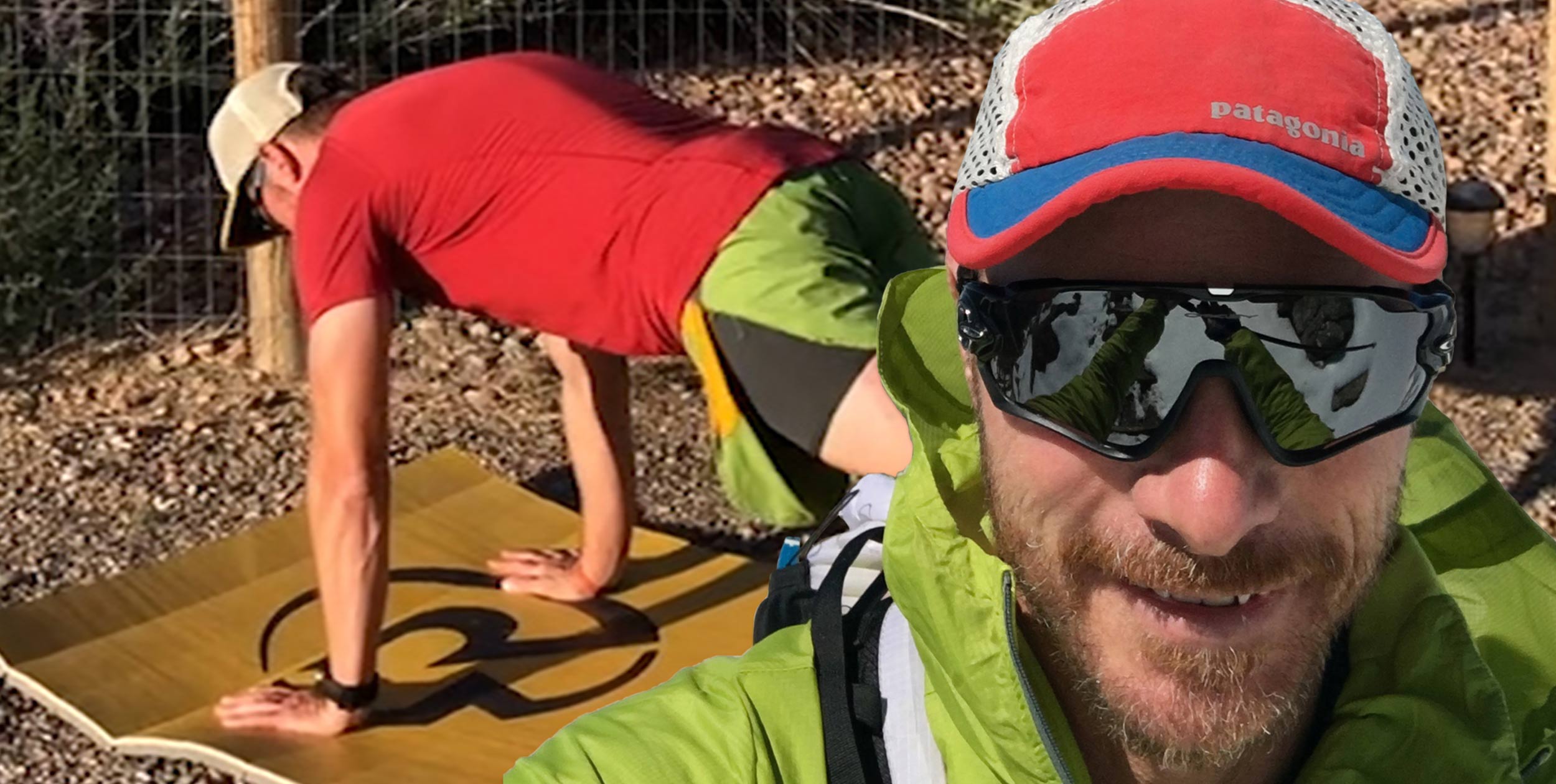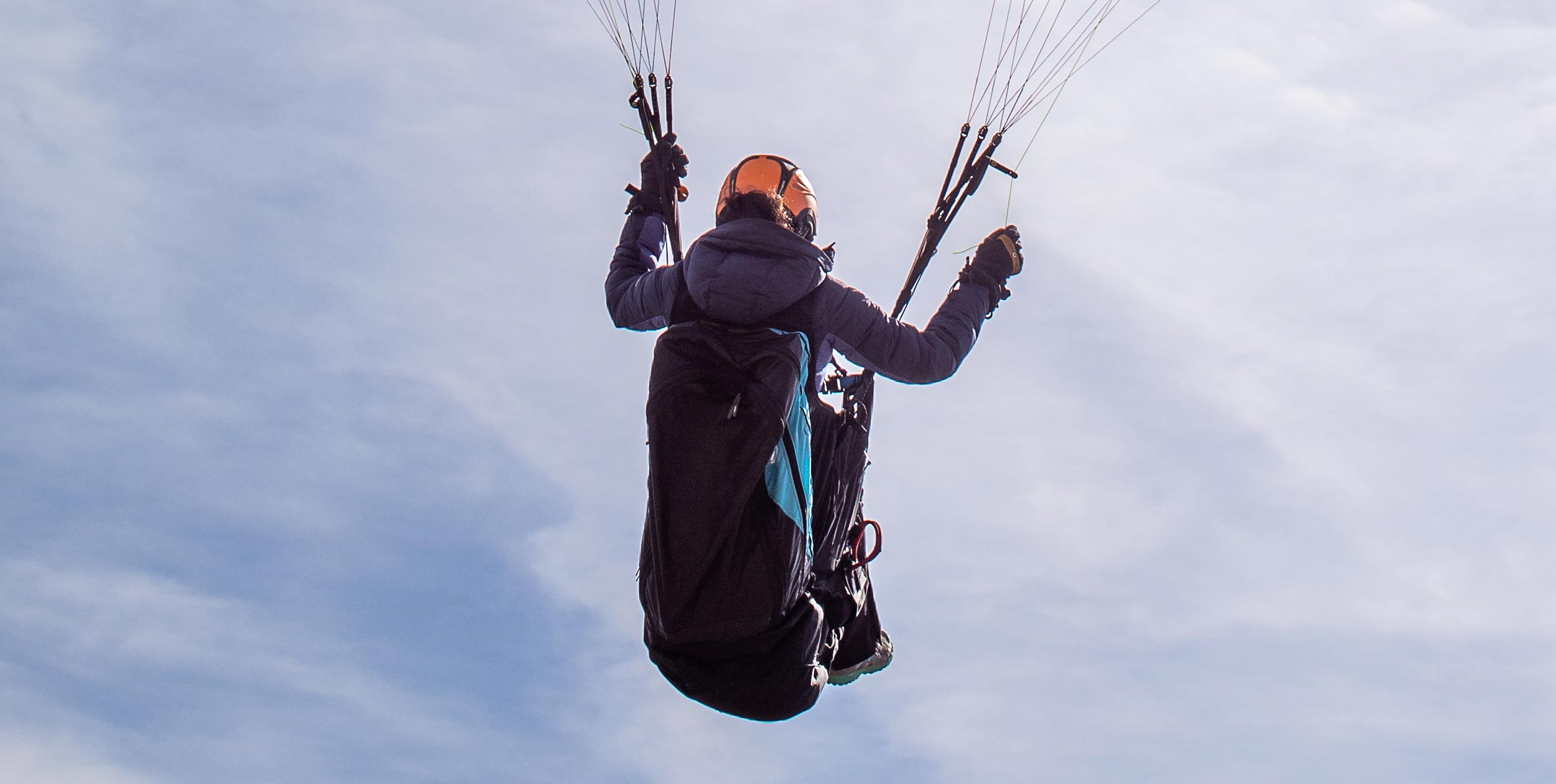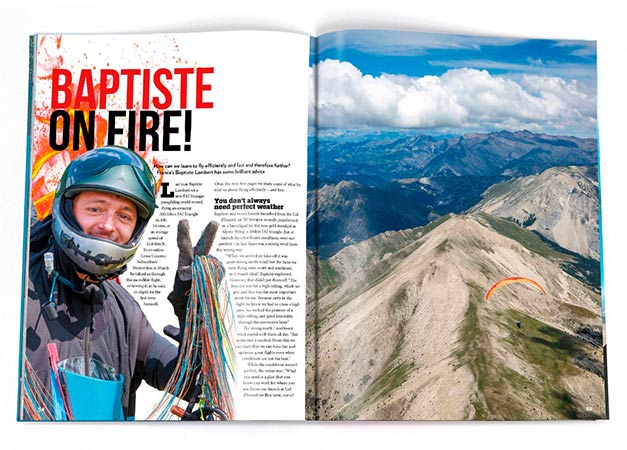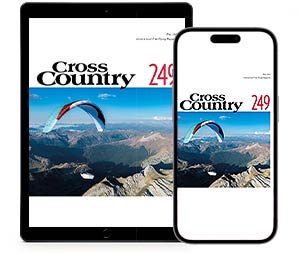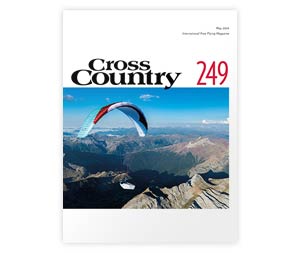January is mid-winter in the Northern Hemisphere and prime flying time south of the Tropic of Cancer. Winter can be a tough time to eat right, keep up with needed nutrients, and to get quality exercise during long dark days. Ben Abruzzo has some tips for staying healthy over winter.
For those that leave the cold behind and travel to sunny days in Mexico or Colombia the transition can have its own issues. Let’s take a look at a grab-bag of winter hacks for both the cold and dark and the lucky ones taking strong thermals to base in the southern hemisphere.
Get your vitamins
Lack of sunlight isn’t just bad for thermals, it can also play havoc on your health. Vitamins, minerals and micro-nutrients are critical for a healthy active body. They also play a critical role in supporting our immune system which is generally on high alert during the winter.
Walk into a pharmacy or health food store and there are literally thousands of supplements to choose from. Fortunately, nature has given us most of what we need from the food that we eat. That is assuming we are eating a quality diet rich in fresh vegetables, fruits, meats and nuts and devoid of processed garbage.
The catch is that it is harder to find bright coloured vegetables and fruits in the winter and many of us naturally gravitate to comfort foods lacking a diverse nutrient spectrum.
If you can, strive to eat as many bright coloured fruits and vegetables as you can. If that’s not an option then consider supplementing vitamin B, C, D, calcium and Zinc. B vitamins (and there are a bunch of them) are found in citrus fruits, livers and leafy greens. If you supplement vitamin B take it in the morning as it can affect your sleep if taken late in the day.
Our best source for Vitamin D is sunlight. Spending an hour a day in the sunlight with minimal clothing is optimal and almost impossible in the winter. To compensate for the lack of sunlight consider supplementing with Vitamin D and calcium. Vitamin D makes up for the lack of sunlight and calcium pairs nicely with D.
Calcium, good for bone health, is not absorbed well unless it is paired with vitamin D. Vitamin C and zinc have a good track record at helping the immune system and should be considered during the winter months when the flu, cold and covid are running wild.
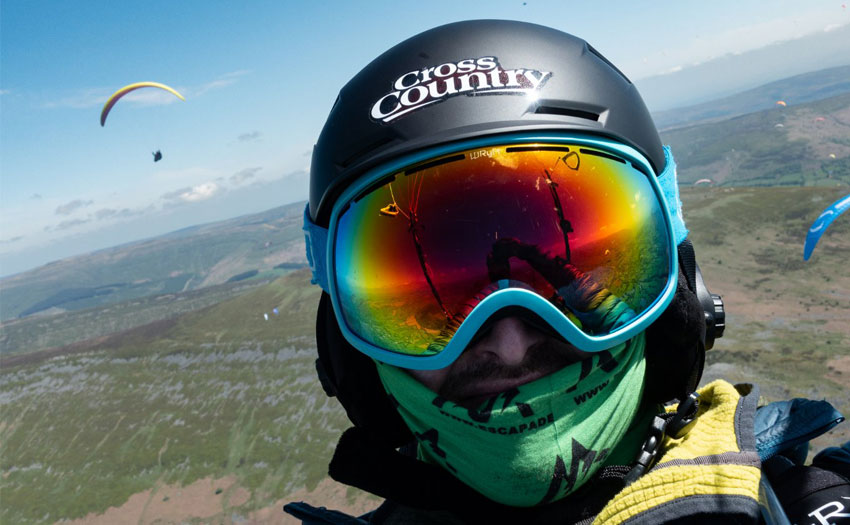
Lawrie Noctor, wrapped up and protected from the sun
Get some sun, but not too much
If you show up at launch at Valle De Bravo on the right day you might think that all of Scandinavia has migrated south for the winter. Going from a dark and cold climate to the warmth and heat of Mexico and Colombia should be treated with respect. It’s a great time and place to get some sun and Vitamin D but like most things, moderation is key.
Sunburn, especially on the face, is a concern anytime we have a long flight and especially when making the transition from winter to summer with a plane fight. Flying with a buff or face covering is very helpful. Be aware that unless it is UV-rated it may not be enough. I would advise a quality sunscreen along with the buff to keep the sunburn away or a UV-rated buff.
Sunscreen may not be enough to protect a fair-skinned nose at those latitudes. Zinc sunscreen or the ever popular and very unflattering nose guard work best for keeping the nose from blistering.
Coming from a cold climate to a very warm one can make even a warm day feel scorching. Much like the buff recommendation, a long-sleeve sun shirt is a much better idea than short sleeves and bare arms.
Doing some light exercise with increasing duration is a good way to get used to the heat. Heat tolerance can be built up quickly by using exercise. Start slow with a strenuous walk for 30-40 minutes and add some time and intensity each day to heatproof your body.
As always, drinking enough water is key in both hot and cold environments. At a minimum aim to drink one litre of water per 30kg (66lbs) of bodyweight a day and increase that based on heat and activity.
The underlying recommendation is to strive for balance when seasons change. Supplement when food choices are limited and sunlight is scarce. Get some sun on your body but not enough to burn. And as always, make the time to practise daily exercise regardless of what the weather is doing outside.
Ben Abruzzo is a strength and endurance coach who has been flying since 2010.


